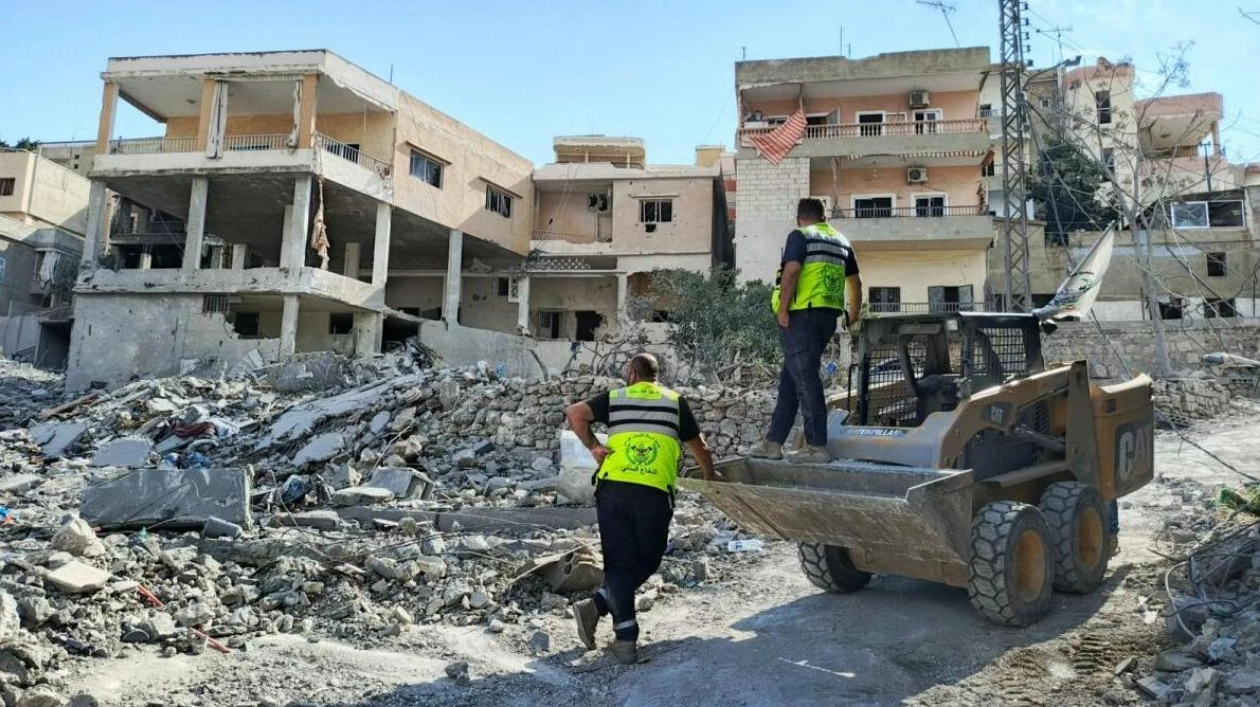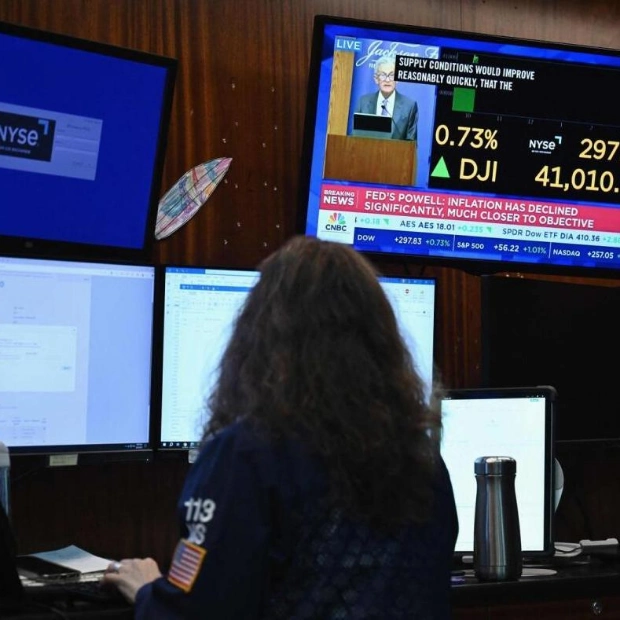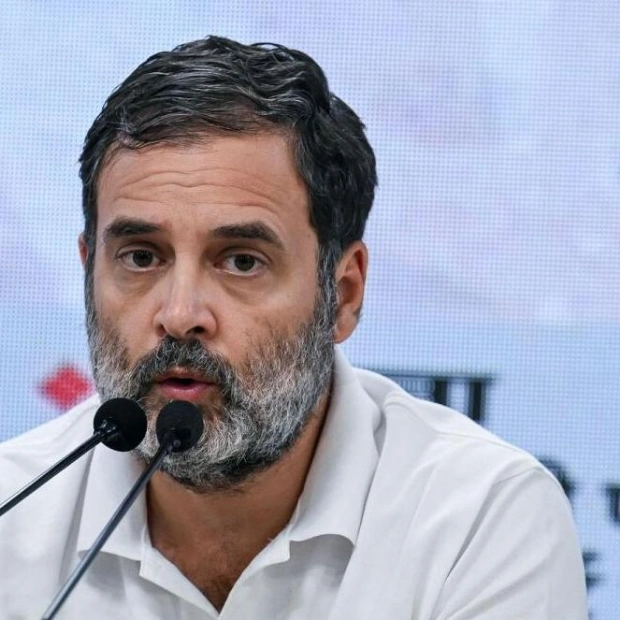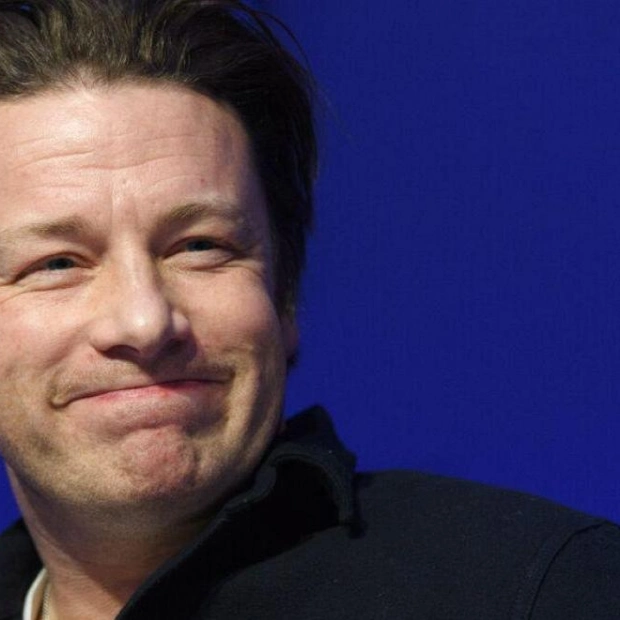A Lebanese civil defence team arrived at the site of overnight Israeli airstrikes in the southern Lebanese village of Ain Baal in the Tyre district on November 10, 2024. — AFP
Hezbollah declared on Monday that the Israeli military has been unable to occupy even a single village in Lebanon since initiating cross-border ground operations six weeks ago. Israeli troops began what the military termed 'localised and targeted raids' against Hezbollah in Lebanon's southern border area on September 30, a week after escalating air strikes on Hezbollah targets in Lebanon.
'After 45 days of bloody fighting, the enemy is still unable to occupy a single Lebanese village,' Hezbollah spokesman Mohammad Afif stated at a news conference in south Beirut, a stronghold of the movement and a frequent target of Israeli air raids. Hezbollah, armed and financed by Iran, had previously asserted on October 23 that Israel's army 'has not been able to fully establish its control or completely occupy any village' in southern Lebanon.
Israel has stated its objective is to secure its northern border for the return of tens of thousands of Israelis displaced when Hezbollah commenced cross-border fire, which it described as support for Hamas Palestinian militants in Gaza, over a year ago. On November 3, Israeli Prime Minister Benjamin Netanyahu informed troops at the Lebanon border that the operation aimed to push Hezbollah back over the Litani River. He outlined a second goal to halt any attempt to rearm and a third to 'respond firmly to any action taken against us', according to his office.
On Monday, Hezbollah spokesman Afif claimed the group's fighters had repelled Israeli troops in Khiam, approximately 6km from the border. He also noted that the Israelis failed in attempts 'to penetrate on several fronts at Bint Jbeil', about 17km southwest of Khiam. Footage verified by AFP last week depicted massive detonations in the village of Mais Al Jabal, between Bint Jbeil and Khiam. Similar aerial scenes have been documented from several border villages since Israel deployed ground troops.
Hezbollah accuses Israel of attempting to create a 'no man's land' on the frontier. Afif refuted claims that Israeli strikes on Lebanon had reduced the group's missile stock, questioning how that could be the case 'when we targeted the suburbs of Tel Aviv several days ago' and employed Fateh missiles for the first time. The group announced on November 6 that it had begun using Fateh-110 Iranian-made surface-to-surface guided missiles.
In a March report, the Centre for Strategic and International Studies described Hezbollah as 'probably the most heavily armed non-state group in the world', with an estimated 120,000-200,000 rockets and missiles. Despite Israeli strikes killing Hezbollah chief Hassan Nasrallah and other commanders, Afif asserted the group remains 'ready for a long war'.
Source link: https://www.khaleejtimes.com






